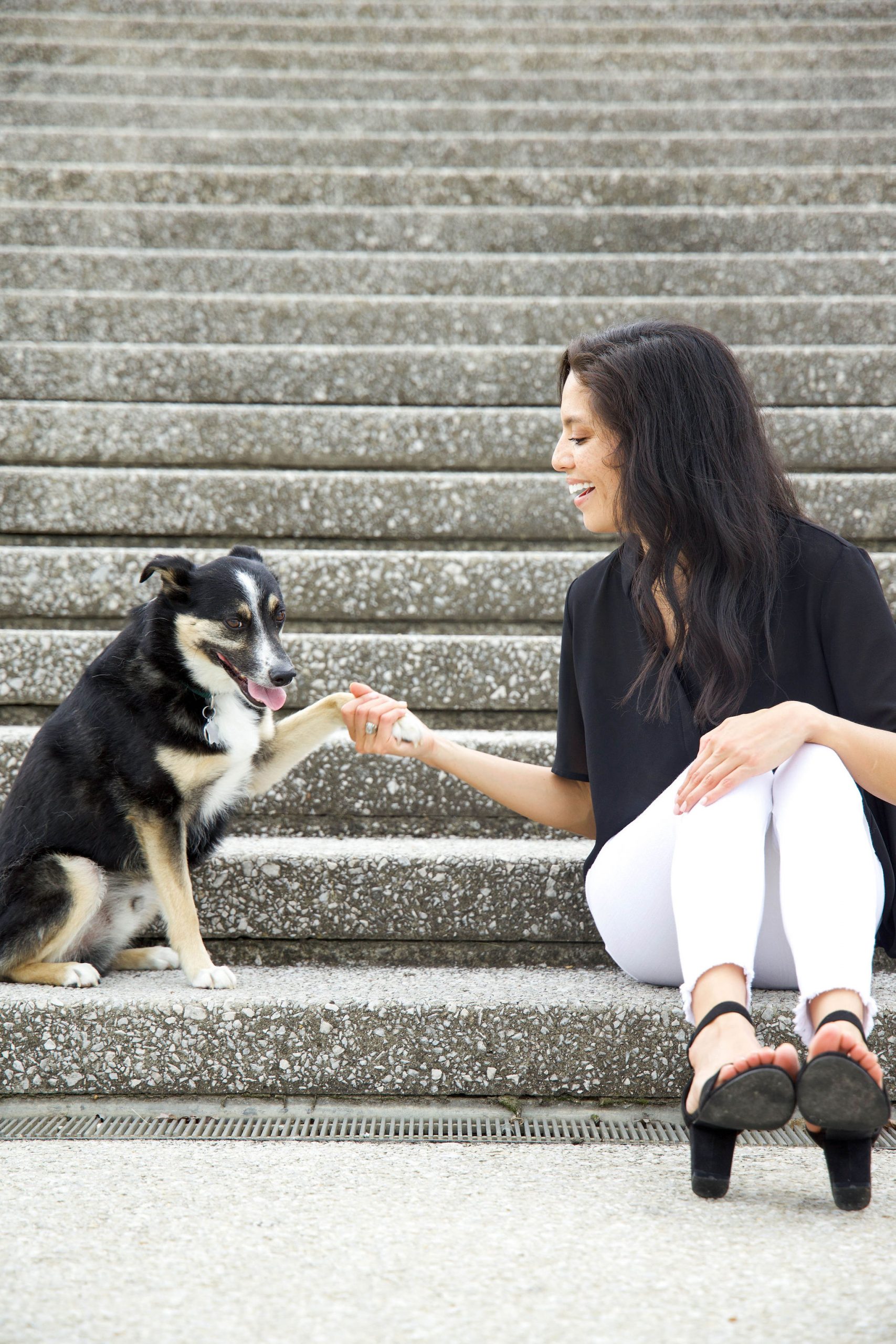6 Benefits of Adding Self Awareness to Your Daily Life
When trying to understand and accept ourselves to “reach” self-awareness fully, it’s hard not to believe that one day there will be an aha or lightbulb moment when everything clicks. However, truthfully, that isn’t something money can buy, a training will give to you, or a workshop can download. That is work you must do yourself. Day by day, one step at a time. Self-awareness doesn’t happen overnight, it’s a constant work in progress to understand your ever-changing self.
Self-awareness is beyond just “knowing”. Knowing what makes us triggered, happy, or calm. It’s being able to recognize our emotional state as a part of our environment and noticing how others view us. Self-awareness allows for a deeper understanding of introspection, evaluating our feelings and behaviors as we operate in the world.
Being aware of how we are impacting the world and those around us has a variety of benefits that will only continue to positively serve us in the future, possibly being one of the best investments you can make.
- Self-Growth
- By wanting to include self-awareness in your life, you are creating a catalyst for change. The first step to change is acknowledging the problem, issue, or deficit, to be able to call yourself out on where you fall short. This can be an intimidating process to have such self-reflection, yet that is how you make a difference. Having a starting point is needed to create a plan and implement new life habits. This is how you grow. Remembering your why, aligning who you want to be with who you are now, and taking the baby steps will get you there. Change is hard, and so is growth, but leveling up to that heightened sense of self-awareness will keep your mind in check along the way.
- Consider Multiple Perspectives
- Taking time to sit down and analyze a problem is an important step to critical thinking. It’s easy to become reactive and jump to solutions, but self-awareness includes knowing when to pause to consider other people’s points of view. Your automatic thoughts will be challenged to give you an alternative perspective. Taking this extra pause won’t be easy at first, but imagining yourself in other people’s shoes around you can help curate a more dynamic perspective for yourself. Not only will you be able to see a scenario through your lens but to embody those surrounding you, allowing more empathy for others. In fact, active listening will come more naturally when empathizing with those around you. Being aware of those differences that separate you from others creates deeper meaningful conversation resulting from increased self-awareness.
- Emotion Regulation
- One of the fastest things you will notice when working on becoming more self-aware is your emotions. Big and small. This is followed by noticing your triggers, the emotions that follow them, and how to label them. There is something about being able to identify your emotions and triggers that makes them easier to manage. It gives us the upper hand in our reality, allowing us the power to acknowledge them when they’re present, labeling the emotion, and letting them go. Detaching our direct feelings in advance from the emotions and viewing it more systematically is easier to avoid getting stuck in the heat of the moment. Once you learn your triggers, you can anticipate your body’s response and learn to regulate emotions over time.
- Although self-awareness of your emotions takes practice, it can help you stay level-headed in relationships, social situations, and the work environment.
- Increased Presence in Relationships & Social Settings
- Knowing how you operate on your own can give you better insight into how you manage within your own relationships. For instance, self-awareness will allow you to realize your talking habits, body language, and eye contact and how that affects other people. By being aware of your own verbal and nonverbal cues, you can begin to decode what type of message you’re sending. Are you actively listening to your friend or partner, or too busy thinking about what to share next? Are you looking them in the eye, or too busy checking your emai,l or staring at the passing dog? These little subconscious cues you send can affect your relationships more than you might anticipate. Yet once you’re aware of your tendencies, you can alter and curate them to your liking to positively impact your relationships. This type of self-awareness influences you to be more present in your relationship, increasing connectivity and warmth.
- Better Leader & Coworker
- Increased active listening, critical thinking, and emotion regulation are all characteristics that make up an effective leader and team member. This increased awareness helps you realize where you fall short and where to improve; you are working on yourself to benefit the work of others. Once you can acknowledge your positive and negative behaviors, you can also begin to identify them in your coworkers. Analyzing each person and how their simple interactions with one another can impact the overall energy of the workplace. This is useful to see how you as an individual positively or negatively impact the overall environment and what can be challenged to better the workplace for others.
- Aware of Biases
- A difficult part of becoming more self-aware is understanding biases and blind spots. Identifying these biases and blind spots is hard when you are unaware you have them in the first place. However, understanding that your own personal experiences and history contribute to them is a good place to start. Educating yourself on other cultures and ethnicities can help with this process, yet acknowledging you have a biases and blind spots is essential. They could unintentionally hurt your relationships and interactions with others if not kept in check. Therefore, becoming more aware of them will help you navigate society more easily as you can keep yourself accountable for your behavior.
By Kennedy Baker
